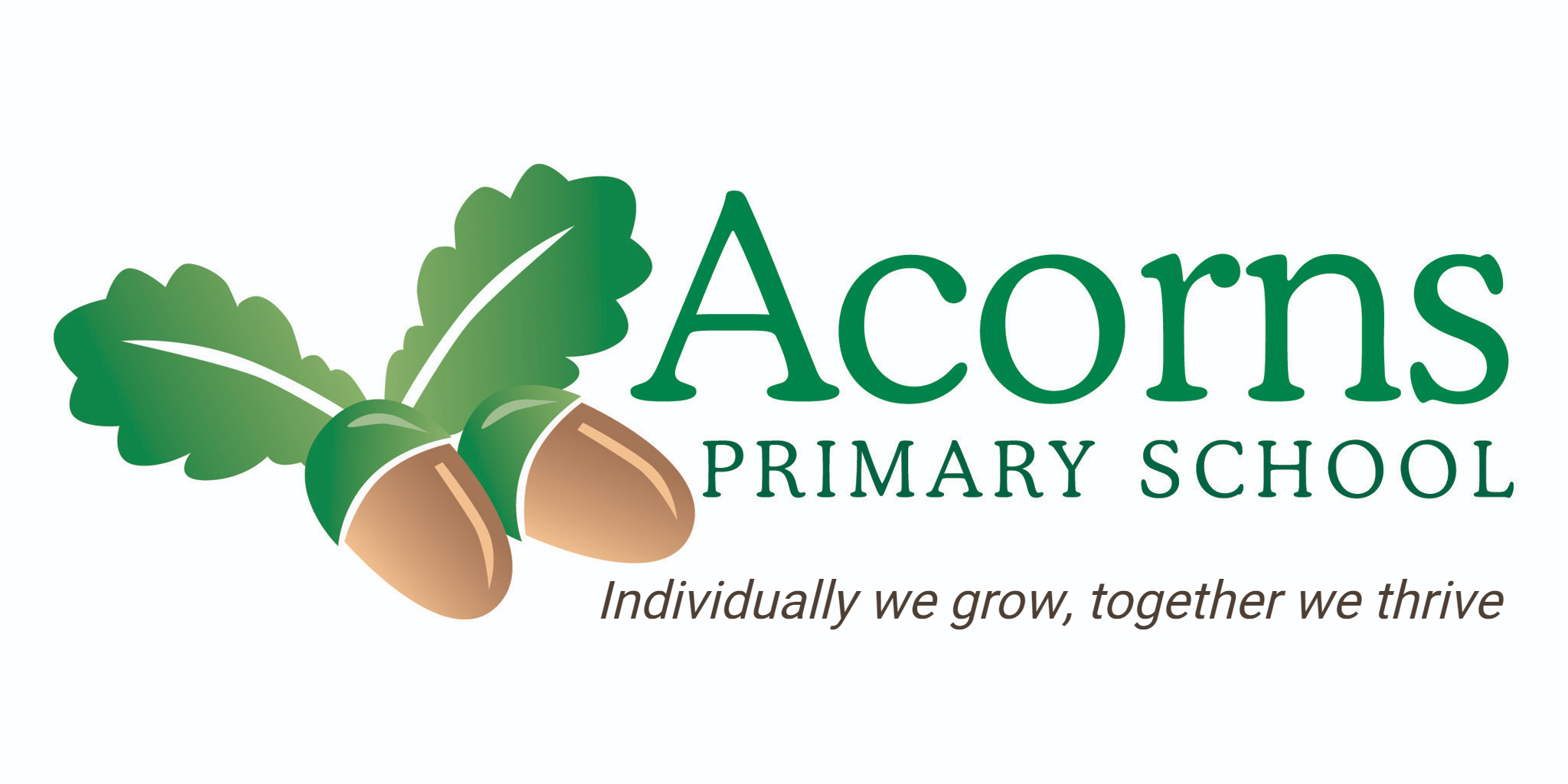How we support your child:
Some of the strategies we use:
- A personalised welcome to new pupils and parents, with a school tour, key information, and chance for families to ask questions and discuss worries.
- A full range of teaching strategies to support your child in developing their English language and communication skills. These strategies include drama, role-play, talk-for-writing, use of objects and props, language modelling, symbols and pictures, use of technology, sensory drama, etc.
- English is used as the teaching language. We do, however, offer opportunities for pupils to hear and use their own language to value, celebrate and share their cultural heritages.
- Class, whole-school, and community celebrations value and teach others about the languages and heritage of our school community. These may be events such as World Awareness Day or learning about different religious festivals.
- Considering social and emotional aspects of learning, so that pupils are supported and ready to learn.
- Clear communication, with documents translated and contact by Acorns bilingual staff where possible.
- Community visits to learn about British culture, to celebrate our diverse community, and to practise functional skills and language.
- We are currently working towards the Lancashire Equality Mark and the focus this year will be on the race and religion badges.
- During the Covid-19 pandemic, pupils and staff from ethnic minorities were offered extra individual support. Information about this had been posted on our website at the time.
Please contact us in school or refer to our policy for the full range of our approaches.
How YOU can support your child:
Some of the strategies you can use:
- Use your first language at home. Research shows that children are remarkably talented in the way they can pick up more than one language, and they will have enough English input in school and at other times. Proficiency in the home language helps to build a solid foundation for success in an additional language.
- Read with your child. This may look different dependent on their learning style – sensory stories may be better with some children, traditional books with others. Picture books bring stories to life and help to start discussions. It’s a fantastic idea to read stories in your home language, too.
- Advice for reading with children who have English as an Additional Language (EAL):
http://www.lancsngfl.ac.uk/projects/ema/index.php?category_id=198
- Celebrate your heritage. Teach your children about their roots. Look at or explore objects and photos, try traditional foods, enjoy the cultural richness. When you can, send in photos or items that your child can share with the class.
Keep in touch. Tell us any important information, keep in touch with class staff, share news, and look out for school community events (check our website and Facebook pages).


